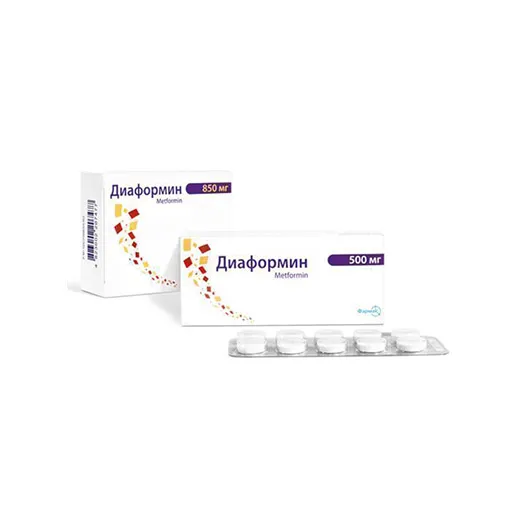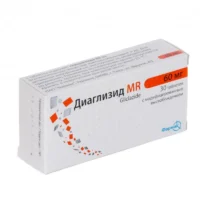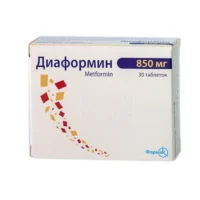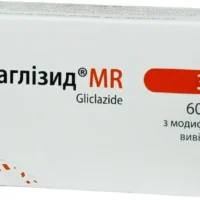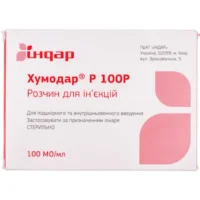Description
Diaformin (Metformin) Coated Tablets 1000 mg. №60
Composition
Each coated tablet contains 1000 mg of metformin hydrochloride.
Mechanism of Action
Metformin, the active ingredient in Diaformin, belongs to the biguanide class of antidiabetic medications. It works by decreasing glucose production in the liver and improving insulin sensitivity in the body’s tissues, leading to lower blood sugar levels and improved diabetes control.
Pharmacological Properties
Metformin acts by reducing hepatic glucose production, increasing glucose uptake in peripheral muscles, and enhancing insulin sensitivity. It does not stimulate insulin secretion but improves its utilization.
Indications for Use
Diaformin (metformin) is indicated for the treatment of type 2 diabetes mellitus in adults and children over 10 years of age to improve blood sugar control.
Contraindications
Do not use Diaformin if you have severe kidney disease, metabolic acidosis, or a history of hypersensitivity to metformin.
Side Effects
Common side effects of Diaformin may include gastrointestinal disturbances such as diarrhea and nausea. If you experience severe or persistent side effects, consult your healthcare provider.
Usage Instructions
The usual starting dose of Diaformin is 500 mg or 850 mg once daily with meals. The maximum recommended dose is 2000 mg per day. Swallow the tablets whole with a full glass of water; do not crush or chew them.
Benefits Compared to Analogues
Metformin has shown effectiveness in lowering blood glucose levels and reducing the risk of cardiovascular complications in diabetic patients. It is preferred over other oral antidiabetic drugs due to its lower risk of hypoglycemia and potential cardiovascular benefits.
Suitable Patient Groups
Diaformin is suitable for use in children over 10 years of age, adults, and the elderly population. Dosage adjustments may be necessary based on individual patient characteristics and renal function.
Storage and Shelf Life
Store Diaformin at room temperature away from moisture and heat. Keep it in the original packaging to protect from light. Check the expiration date on the packaging and do not use the product after it has expired.
Packaging Description
Diaformin is available in blister packs containing 60 coated tablets of 1000 mg strength each. The packaging is designed to maintain the stability and integrity of the tablets.
Clinical Evidence and Proven Effectiveness
Numerous studies have demonstrated the efficacy of metformin in managing type 2 diabetes. Research published in the Journal of Clinical Endocrinology & Metabolism has shown that metformin not only reduces blood glucose levels but also decreases the risk of cardiovascular complications in diabetic patients.

